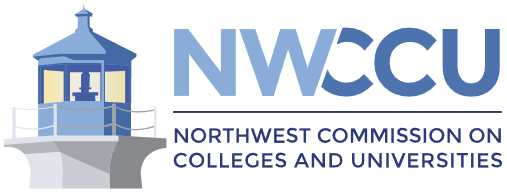Tips for Success at MSU
Work smarter (and not harder)
Teaching
- Be over-prepared before class officially starts! Have a well-organized, detailed syllabus that explains assignments and assessment procedures. Then in the content section of your course shell, make sure course information is accessible. Students appreciate consistency.
- I use the Announcement tool to “roll out” weekly assignments each Sunday. Students like the list approach where they can read what’s ahead for the week and then check off each assignment as it gets completed. Additionally, in the announcement, I hyperlink all discussions, assignment folders, and content. This means that students can go to the weekly announcement, read the sequenced “to do” list, and click on all hyperlinks to get information quickly and effortlessly. Works slick!
- Students appreciate a short (<3 minute) screencast posted to D2L each week that outlines the work expected for next class(es).
- I post a weekly overview sheet on D2L every Sunday that contains a list of readings, assignments, and due dates for the week.
- Consider an exit ticket after each class that includes a self-assessment of “attendance, preparation, & participation”. It provides you a simple approach to document participation points.
- If you end up in a classroom space that just isn’t working for you and your students, don’t hesitate to explore options with the Registrar’s Office (i.e. Kelsey Green) after the first week. Depending on the day/time/class size, this might not be possible, but at least you tried!
- If you need supplies for your class (i.e. Expo markers, chart paper, etc.), check Reid 250. If you don’t find what you need, explore options with the EHHD office staff before going out and buying a lot of materials on your own. More than likely, many of the items you need to benefit your colleagues and their classes as well!
- Attend as many Center for Faculty Excellence workshops as you can. I found this to be one of the single best spaces to share and collaborate on all things teaching. Not to mention that many sessions provide lunch, so you have two needs met at once!
Research and Service
- Follow your interests in research, teaching, and service. If you like what you are doing you will be more likely to continue and be successful as a faculty member at MSU. Be true to yourself, your colleagues will respect your position and support you in your endeavors.
- Be aware of the MSU Planning Council’s Strategic Plan: Choosing Promise https://www.montana.edu/strategicplan/. You are more likely to be successful if you can fit your research, teaching and service interests and activities to the MSU strategic plan framework.
- In the right circumstances, collaborate with other faculty, not just in education but across the university. MSU faculty in general tend to be open and accommodating to collaborative work. Building relationships across campus will make your work more visible to the entire community.
- Find a MSU community organization that matches your interests. Volunteer to be a faculty representative for university committees and councils such as sustainability, diversity equity and Inclusion or sports and recreation. This will connect you with community members including students across disciplines.
Finding Balance
- Practice the art of saying “No”. Life/work balance is like walking a tightrope – your well-being should be of paramount importance. Saying “no” to new projects, especially those that do not necessarily align with your interests and goals, is an important dimension of finding that balance.
- Lead with your passion in all that you do; learn from Marie Kondo – if it does not bring you joy then say no. If you enjoy what you are teaching and researching, your passion will be contagious to your students and colleagues.
A special thanks to Dr. Michael Brody, Dr. Ann Ellsworth, Rebekah Hammack, Dr. Joe Hicks, Dr. Bryce Hughes, Dr. Nick Lux, and Dr. Tena Versland for their contributions.



